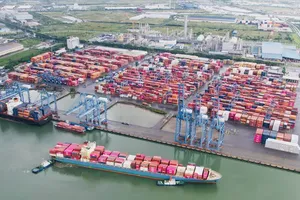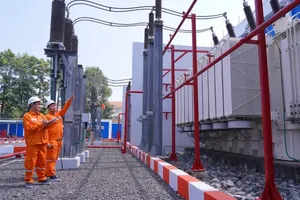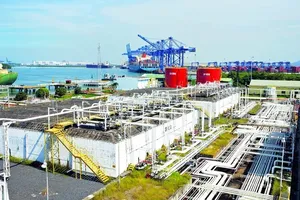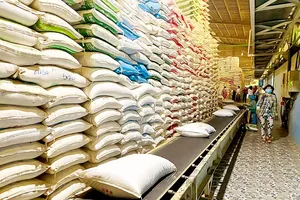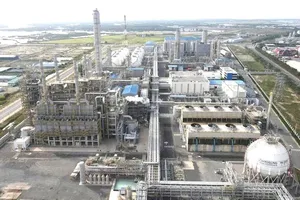In his remarks at the forum, Deputy Director of the Department of Climate Change under the Ministry of Agriculture and Environment Nguyen Tuan Quang emphasized five key solutions to achieve Net Zero commitments, comprising transitioning from fossil fuels to renewable energy with storage systems; efficient use of natural resources; forest and ecosystem development, including coastal and marine systems; carbon capture and storage (CCS); carbon pricing mechanisms, including carbon taxes and carbon market.
According to Associate Professor Nguyen Dinh Tho, Vice President of the Institute of Strategy, Policy on Argriculture and Environment, as Vietnam has significant potentiality to develop carbon market, it is still in its foundational phase, with numerous legal frameworks to be addressed, consisting of quota allocation mechanisms, sector selection criteria, and lack of valid carbon credit identification.
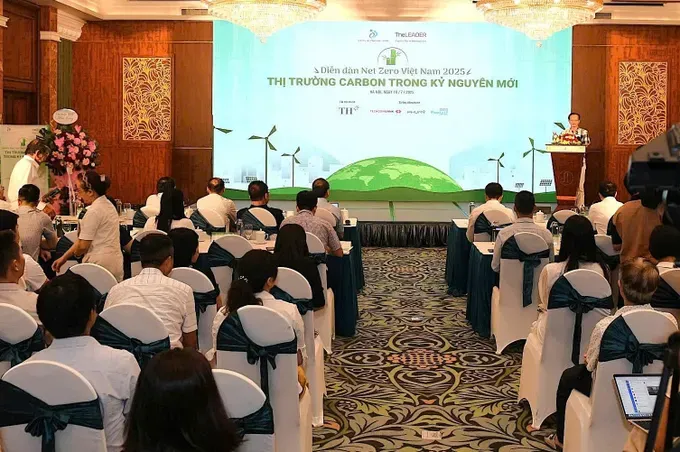
Furthermore, Vietnam's ability to connect its carbon market with international systems depends heavily on the quality of carbon credits and the reliability of the MRV (Measurement, Reporting, and Verification) system. Currently, the MRV lacks a unified national protocol, and the absence of digital tools makes managing carbon credits and emissions quotas difficult, especially as trading volumes increase.
Experts at the forum highlighted key solutions, including the priority of regulatory bodies on a synchronized implementation roadmap and investment in technical infrastructure compatible with global markets.
Besides, enterprises need to proactively inventory emissions, invest in reductions, and collaborate with consultants and experienced investors to optimize costs and maximize profits. Additionally, financial institutions should develop carbon credit insurance, carbon credit investment funds, and derivative financial tools linked to carbon credit prices.
These measures aim to attract stable capital flows, helping expand the market scale and improve the quality of actual traded carbon credits.


